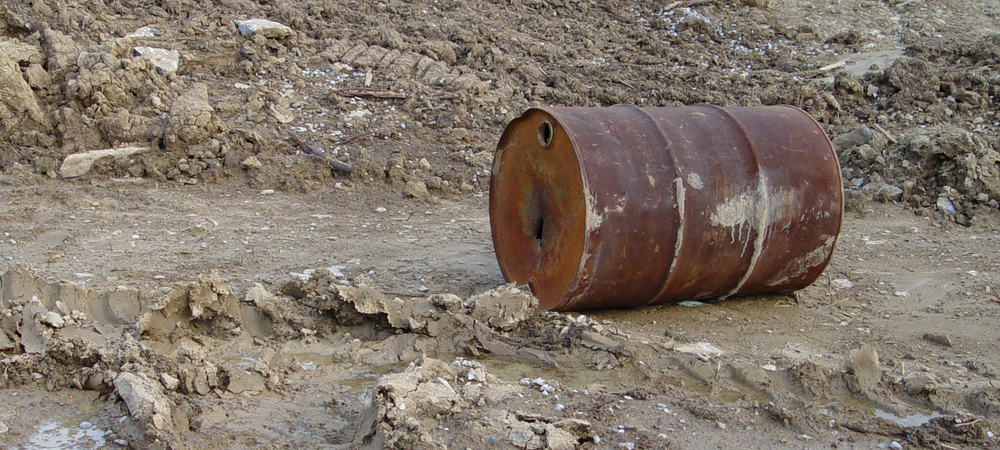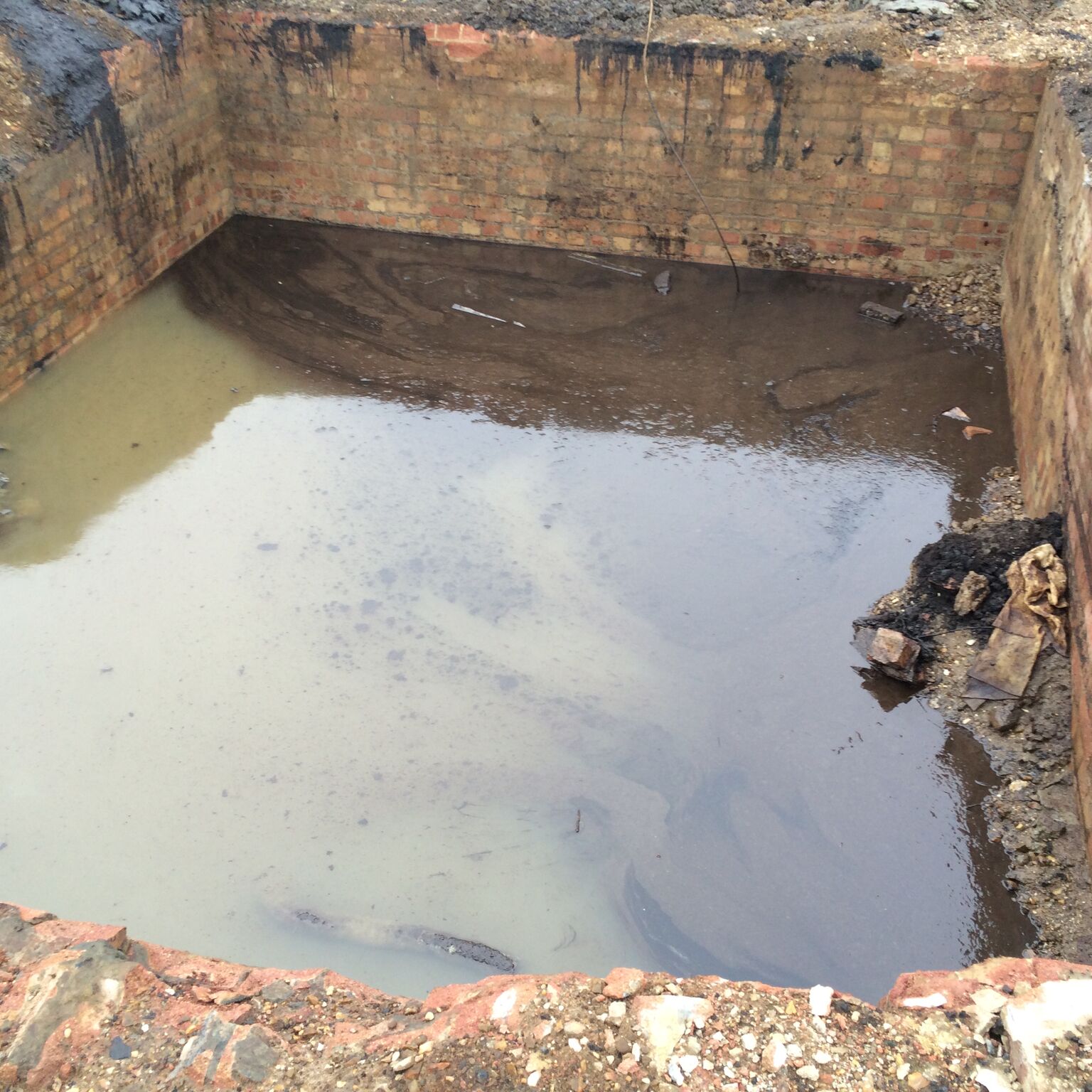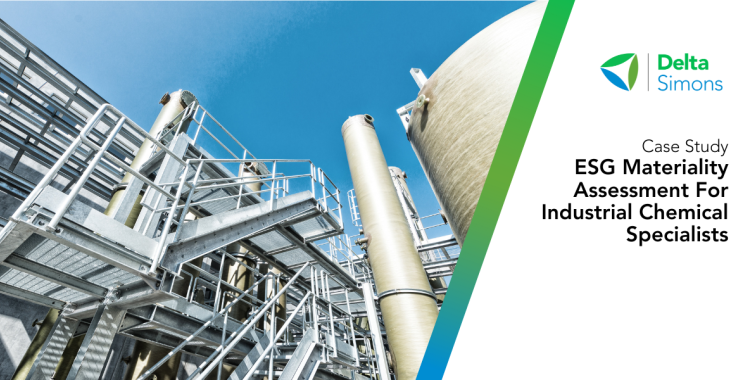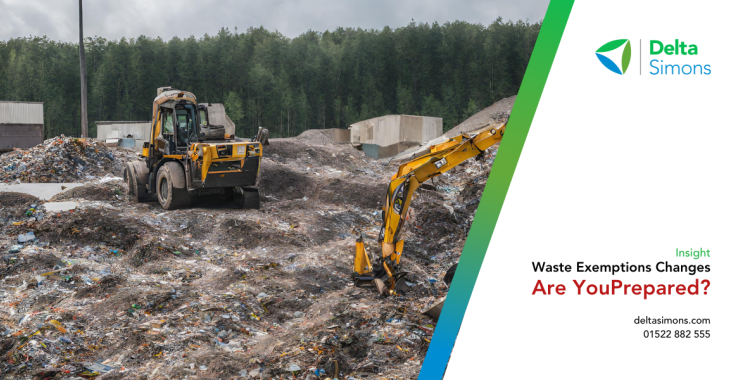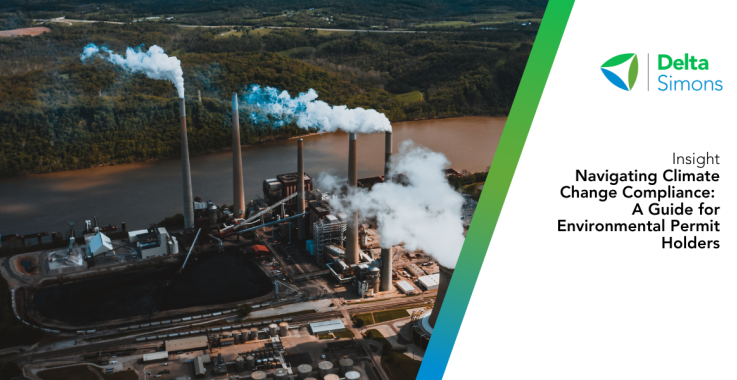Contaminated Land
Contaminated Land Consultants
Specialists in contaminated land and remediation, we are able to assess and advise on geo-environmental risks for all forms of property transaction and development.
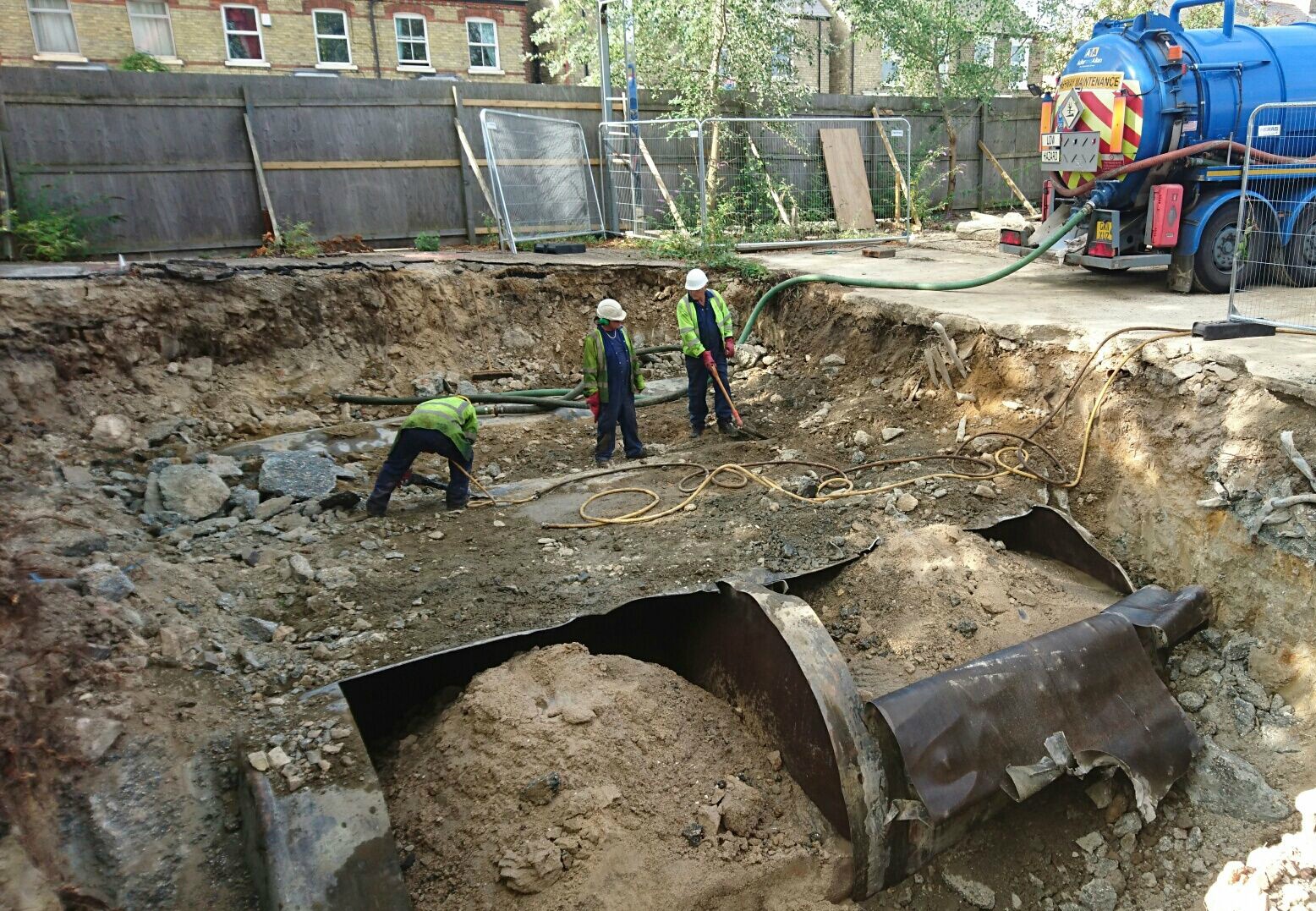 We are experts in managing legacy issues for our clients through the mitigation of risks caused by historic contamination and land use. Whether buying, selling, valuing, developing or maintaining land and property assets, our multi-disciplinary teams work with clients to monitor, manage and ensure risk and liabilities are fully understood in the ever-changing commercial landscape and climate.
We are experts in managing legacy issues for our clients through the mitigation of risks caused by historic contamination and land use. Whether buying, selling, valuing, developing or maintaining land and property assets, our multi-disciplinary teams work with clients to monitor, manage and ensure risk and liabilities are fully understood in the ever-changing commercial landscape and climate.
Services we offer
Preliminary Risk Assessment (Desk Study)
The geo-environmental setting and historical use of a Site can present risks, liabilities and development constraints to the (re)development of a Site. The assessment of such matters is most efficiently delivered as a phased process. Preliminary Risk Assessment (Phase 1) should be the desk-based collation and assessment of readily available information.
The aim is to identify if there are any key risk items which need further assessment (usually requiring Site investigation). To achieve the aim Delta-Simons establish a ground model for the Site, create a conceptual model of contaminant linkages, identify and assess relevant linkages or geohazards which present constraints to development, or risks to sensitive receptors. From our assessment Delta-Simons provide pragmatic and technically robust advice. Our clients receive a clear understanding of the commercial and technical challenges a Site may present and next steps, should they be needed.
Geo-environmental Site Characterisation and Assessment (Phase 2)
Delta-Simons can deliver efficient and effective characterisation of ground conditions on any Site. We use a combination of in-house ground investigation rigs and drillers combined with our experienced field consultants to record ground conditions and gather samples for laboratory chemical analysis and geotechnical testing.
Subsequent assessment of data to create a robust ground model and conceptual Contaminant Linkage Model builds on the field data and enables a more detailed assessment of risk to human health and the environment, understand ground engineering constraints, and identified likely foundation solutions (Phase 2). With appropriate site characterisation we can deliver commercially focussed advice, helping our clients appropriately mange in-ground risks, and enhance the return on their investment.
Assessment and management of asbestos in soils
Asbestos is almost ubiquitous in the soils/Made Ground of any Site which has been subject to previous development. While developers and main contractors are familiar with the risks presented by asbestos in buildings, they are often less aware of the risk in ground that asbestos can present. While asbestos was finally banned in construction in 1999, almost all brownfield sites have a history of demolition, reconstruction, and ground level changes. As such it is highly likely that a development on brownfield land will encounter fragments of Asbestos Containing Materials (ACM) and/or asbestos fibres in soils. Risks arise from exposure to future Site users, exposure to in-ground workers during and following development, slowed development rates or delays to programme, increased costs of material disposal, and costs of risk mitigation. Appropriate working practices to ensure compliance with the Control of Asbestos Regulations 2012 (CAR) and guidance on working with asbestos in soils (CAR Soil 2016) is often necessary.
With appropriate characterisation, assessment and strategic planning, it can, however, be entirely possible to retain and re-use excavation arisings containing ACM on Site. As a result of our extensive experience in the characterisation of brownfield sites, Delta Simons are ideally placed to provide constructive and pragmatic, commercially-focussed advice on asbestos in soils.
Detailed Quantitative Risk (Characterisation and) Assessment (DQRA)
Preliminary Site characterisation and assessment sometimes identifies a potentially significant risk to human health or the environment. Our geo-environmental specialists, who collectively have centuries of experience, are able to design and deliver detailed Site characterisation, such as aquifer pump tests and forensic investigation of soils and groundwater.
Once appropriate characterisation of key environmental parameters is complete, our specialists are then able to complete detailed modelling relevant to the receptors at risk with a view to providing robust but pragmatic assessments of environmental risk, and the need for, and scope of, mitigation measures.
Delta Simons took on a hopelessly muddled attempt at remediation coupled with very difficult relations between contractors and the regulatory authorities and quickly introduced clarity and coherence to the situation. Their advice was succinct and to the point and yet detailed enough to satisfy the regulators. A seeming intractable situation was resolved quickly and without fuss allowing us to get on with the development. Excellent service from Delta Simons.” Gayton Farm Buildings (Earl of Romney Estate, Kings Lynn)
Ground Conditions Abnormal Cost Appraisal and Advice
Challenges relating to ground contamination and ground engineering present development constraints. These can often require mitigating construction activities (over and above those normally undertaken by a developer) and so additional costs are incurred. These additional costs are commonly referred to as abnormal costs or ‘abnormals’.
Experience has shown that site sales contracts between vendors, and purchasers for sites moving to regeneration/redevelopment do not always account, in a sufficiently robust way, for the challenges presented by sites with a legacy of contaminative ground use or natural geohazards.
An assessment of abnormal costs is generally made based on the information available at the time of contract negotiation, and abnormals are typically accounted for in a reduction in value of the site price paid by the purchaser.
Late recognition of abnormals cost items has been seen to result in significant changes (often increases) in abnormals, once more information is known. When this occurs late in the sales process, this often causes delay and unexpected changes in site value, with consequent impacts to annual financial results and increased corporate scrutiny. The existing process is often heavily influenced by negotiation skills rather than data. Delta-Simons approach is intended to remove/reduce subjectivity from the contract negotiation process through the early agreement of principles, quanta and rates.
Remediation and Verification Options Appraisal and Strategy
If contaminated land risk assessment identifies that action is needed to mitigated contaminated land risks, our specialist teams can provide a Remediation Strategy to define the aims and objectives of the required remediation activity and a Remediation Options Appraisal to assist the client in selection of the most appropriate technique to deliver the desired remediation outcomes. The appropriate selection and execution of any remediation technique depends on a range of factors including contamination, ground conditions, the sensitivity of the environment, access constraints, available timescale and not least - cost. We are able to identify the most appropriate remediation technology available from suitable contractors to assist the procurement and management of the selected contractor(s) and can independently validate the results for our customers.
Tendering and Managing Remediation Works
The appropriate selection and execution of any remediation technique depends on a range of factors including contamination, ground conditions, the sensitivity of the environment, access constraints, available timescale and not least - cost.
We are technology-agnostic and offer independent consultancy advice regarding the need for, and suitability of, any given remediation technique. We are specialists in assessing the technical and commercial challenges associated with land management, remediation, and development, so we are able to identify the most appropriate remediation technology available from suitable contractors and assist the procurement and management of the selected contractor(s).
Regulatory Consultation
With the customer's business drivers in mind, we can provide experienced consultants to work efficiently with the local authorities, Environment Agency and other regulators to negotiate planning approval, a remedial solution for a development, or agree the most cost-effective management programme for legacy contamination or routine monitoring requirements.
Development Planning Condition Approval
We routinely deliver services to satisfy planning conditions and broader requirements of the planning process including Preliminary Risk Assessment (Phase I), Site Investigation and Geo-Environmental Assessment (Phase II), Land/ Ground Gas and Vapour Assessment, Detailed Quantitative Risk Assessment, Remediation Options Appraisal and Verification Strategies, Validation and Closure and Environmental Impact Assessments. Our services and reports are designed and implemented to facilitate the most efficient and best value outcome for our customers.
